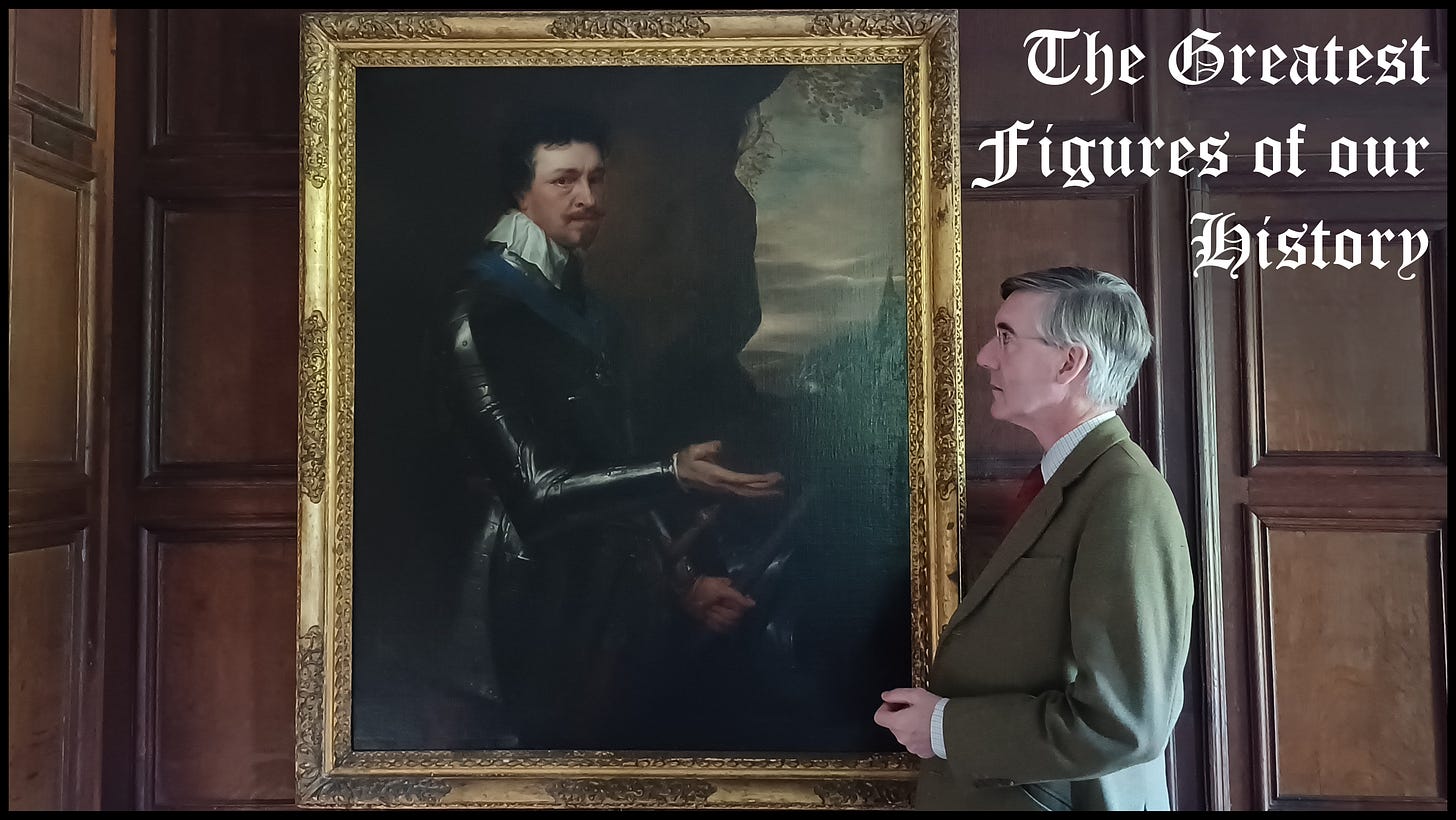“It would be necessary to introduce a stranger to public, or rather official, life for the office of Home Secretary, and I mentioned, for Her Majesty's consideration, the name of Mr. Cross, the Member for Lancashire."
This was how Disraeli introduced the idea of R. A. Cross becoming Home Secretary, to the Leader of the House of Lords, the Duke of Richmond, in a letter of 18th February 1874, just after Queen Victoria had asked him to become her Prime Minister.
This essay, 151 years later, seeks to do the same, or rather to reintroduce this stranger to official life, who has been forgotten in the intervening years.
Cross’s simple biographical details were that he was born in Red Scar Manor, in May 1823, the son of William and Ellen. He was educated at Rugby School, before going on to Trinity College, Cambridge, where he was President of the Cambridge Union. He was called to the Bar in 1849, but was by profession a banker. In 1852 he married Georgiana Lyon, by whom he had four sons, two of whom predeceased him, and three daughters. He became a Viscount in 1886, and lived to the ripe old age of 90, and on his death was succeeded to his peerage by his grandson.
His contemporaries thought highly of him. This is shown not just in his long periods in office, 1874-80 and 1885-6 as Home Secretary; Secretary for India,1886-92; and Lord Privy Seal 1895-1900; but by the honours bestowed upon him. The initials after his name include the Grand Cross of the Most Honourable Order of the Bath and Head of the Most Excellent Order of the Star of India, as well as Doctorates and Civil Offices.
His picture shows an upstanding, bewhiskered Victorian gentleman who, according to Disraeli's first biography by Moneypenny and Buckle, was “to administer the Home Office in such a fashion as to set a shining example to future generations”.














